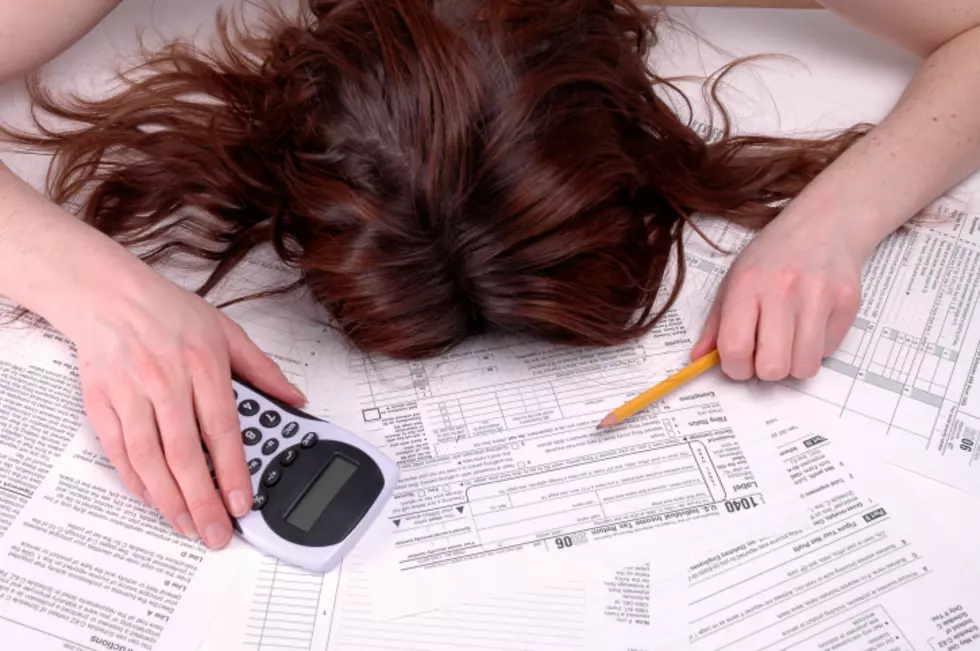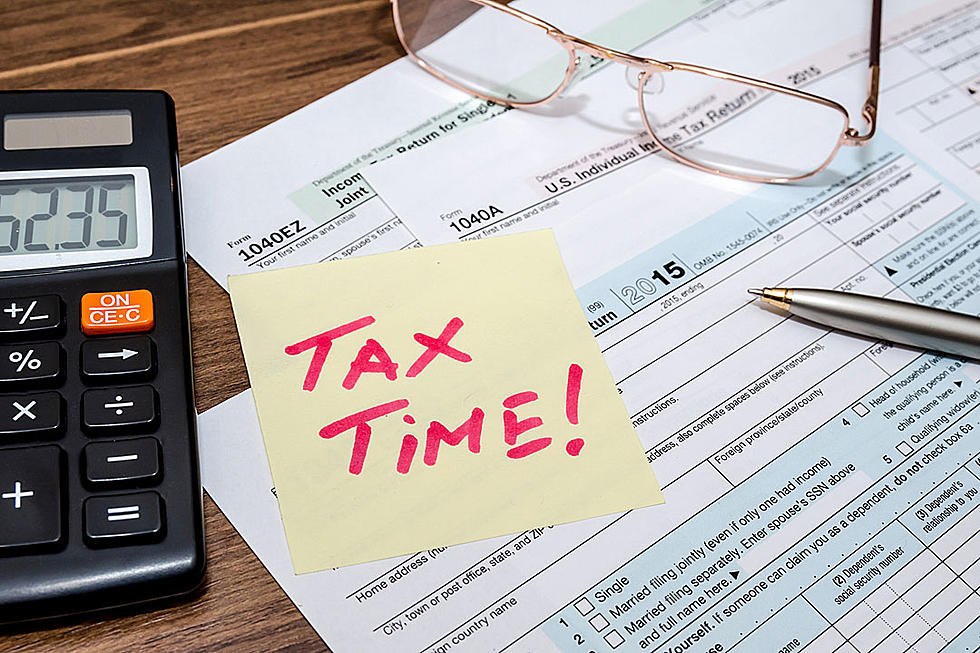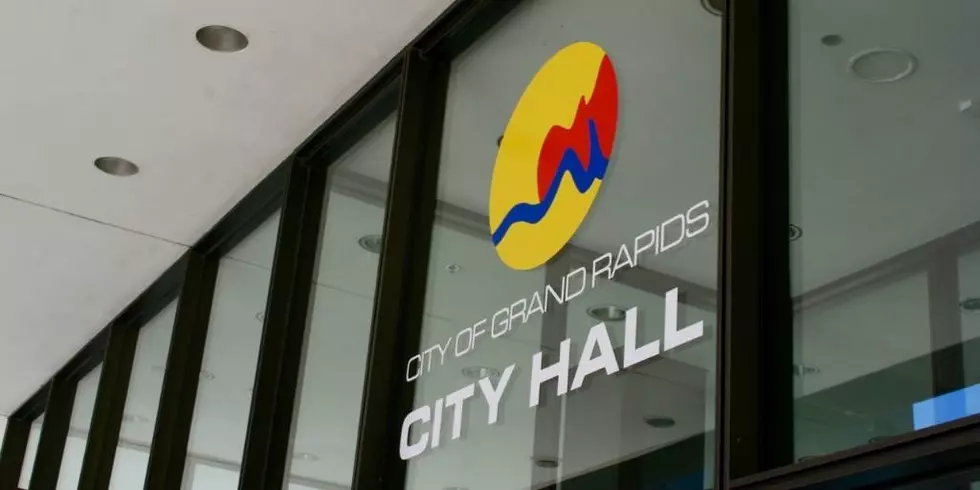
Just When We Thought Life Might Ease Up It’s Tax Time
Oh, yeah, that! Taxes! Yikes! Now we can file!
Everything was delayed due to our social and disease upheaval, and we couldn’t even file our taxes in January as many do. But now, finally, beginning last Friday, February 12, the IRS will begin accepting tax returns. I feel so much better. Oops, wait a minute. Don’t get too excited because there are some changes this year that we all need to be aware of.
Despite the later than usual start date for filing season, you must file and pay any remaining federal income taxes you owe for 2020 by the traditional due date of April 15, unless you file for an extension, so CNN.com reports. That way you will avoid being hit with any potential late filing or late payment penalties.
But just remember, an extension to file is not an extension to pay what you owe. You still have to pay any remaining federal taxes owed on your 2020 income by April 15, otherwise, penalty!
Are you thinking you'll be getting a refund? Then don't delay filing for heavens sake. Usually, refunds are issued within 21 days of the IRS receiving your return. But the agency notes the fastest way for you to receive yours is to file electronically and choose direct deposit.
Also, we're all wondering about the stimulus money we got. Do we have to pay taxes on that? Nope, it was tax free.
Okay then what about unemployment benefits? Taxable? Yep! Unemployment compensation is treated as taxable income, both by the IRS and by most states.
If you didn't opt to have any income tax withheld from your unemployment payments during the year, the full tax bite will be assessed when you file your return.
But if your 2020 income was very low because you didn't work for a big chunk of last year, you probably won't have to cut a check to the tax man. Instead you will see your refund reduced by the amount of income taxes you owe on your jobless benefits.
And, here's more good news. Small business owners who received a tax-free, forgiven loan from the Paycheck Protection Program may still deduct the businesses expenses they paid for with their loan money.
There are many other changes in this years tax laws, so, unless your return is super simple, it's a really good idea to see a professional tax preparer.
LOOK: Here are 25 ways you could start saving money today
More From 100.5 FM The River









